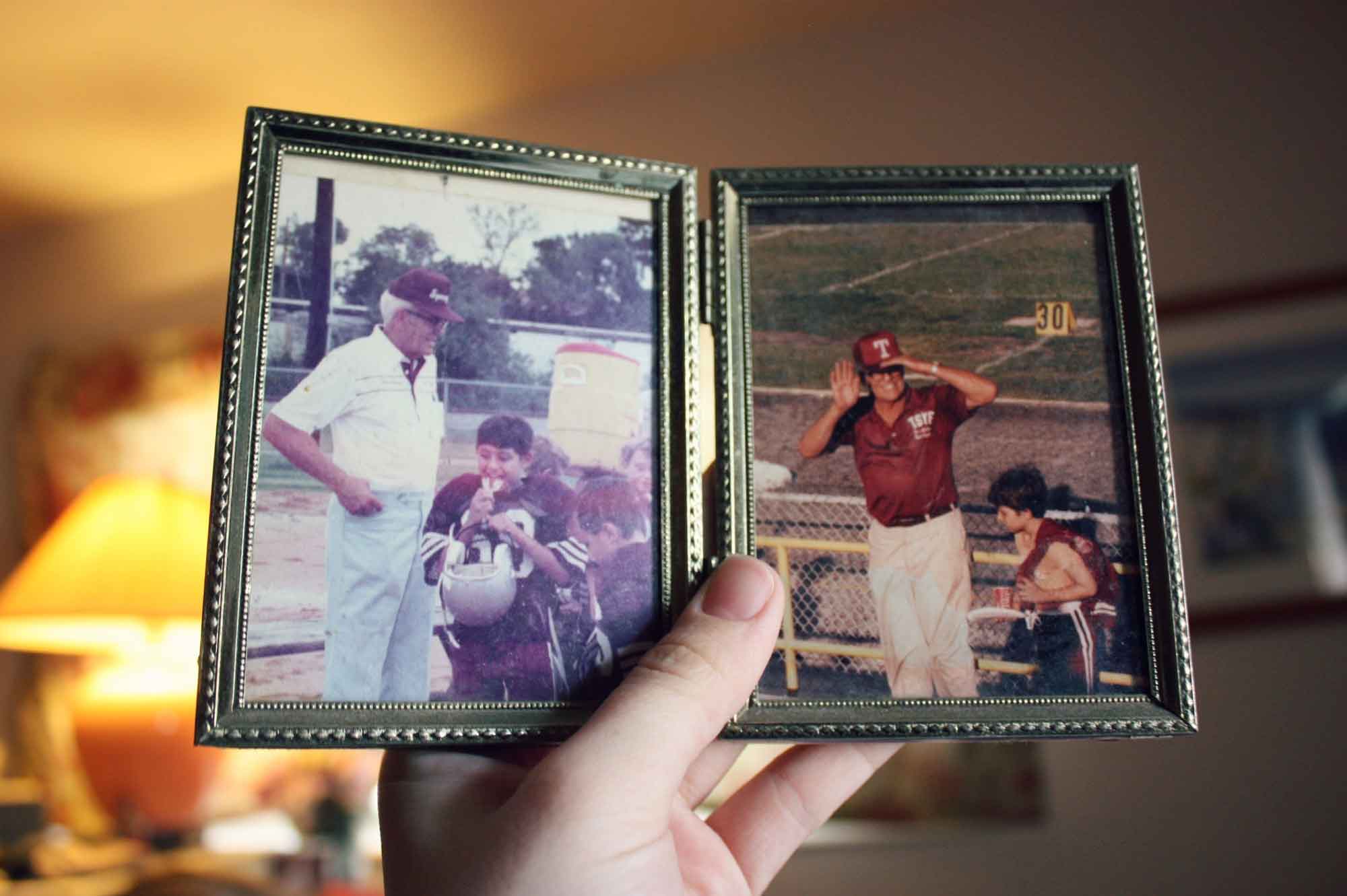An Alzheimer’s diagnosis can be a scary situation for both the sufferer and their family members. Unfortunately, it is an incurable disease that progresses with time and can only be treated with drug therapies at this time, according to the Alzheimer’s Association.
Although Alzheimer’s has had little progress in regard to finding other treatment methods, recent findings have posted encouraging results. Scientists have better learned what may be causing such disease on a microbiotic level and may in the future be able to prevent, stop, delay, or even reverse damage already done by Alzheimer’s.
However, when you receive the news that your loved one has already been diagnosed with Alzheimer’s, what do you do next?
We’ve worked with a lot of families in this situation and in different phases of their Alzheimer’s journey. Here are a few suggestions::
1. Breathe
Truthfully, the best thing you can do in an alarming situation is to just breathe. Stressing about your loved one’s diagnosis before you know all the details will not solve anything on its own.
Rather, it is important to seek out multiple medical experts for their help and opinions regarding what to do next. You may be surprised to find that you and your loved one may have more control over the situation than expected. The outlook may not be as frightening as it may seem.
Additionally, take some time to read The End of Alzheimer’s by Dale Bredesen. After all, what you don’t know can at times hurt you.
2. Review finances
Even if your loved one’s condition is in its earlier stages, it is never too soon to act. Because treatment can be costly for many, checking to see if insurance will cover treatment is the first big step. Second is setting money aside to help eliminate excess financial stress, and of course, coming up with a financial plan.
It is also key to begin deciding with your loved one potential long-term plans for where they will stay and who will care for them in the future (e.g., a family member, assisted living), etc.). Knowing this information now is integral while your loved one still is capable of making these kinds of decisions on their own.
You can find a caregiver or home for your aging loved one from https://www.caring.com/.
3. Review the estate plan
Everyone as they reach a certain age needs to have an estate plan, Alzheimer’s or not. However, when an Alzheimer’s diagnosis is in the picture, reviewing a current estate plan is essential.
A legal plan should contain:
- High-quality power of attorney
- Health care power of attorney
- Up-to-date legal documents
- A plan for finances and properties
A legal estate plan can ensure your family member or friend can have their wishes granted throughout and after their journey with Alzheimer’s.
If your loved one requires a plan or needs to review their current plan, doing so quickly is important. Learn more about what our Idaho Estate Planning team can do to help out with the process.
4. Discuss the situation
Now that you’ve got the most important things taken care of (e.g.medical treatment, finances, updated estate plan), communication is the next step.
Being blinded by one’s illness can cause a plethora of misunderstandings. That said, informing family members and friends about a loved one’s diagnosis and what they can do to be an adequate support system is crucial.
Besides family and friends, a formal support system should also be researched and put into place. A formal support group can help both family and the sufferer get advice, listen to others’ stories, and get stresses and concerns off their own chest.
Search for an Alzheimer’s support group or event near you from http://www.communityresourcefinder.org/.
5. Move forward
After you have formal plans put in place and a support system for you and the Alzheimer’s sufferer, it’s time to look forward and take each day as it comes with a positive mindset.
Fun-filled moments with someone with Alzheimer’s may be limited as their disease progresses. Due to this, taking advantage of the time that is left will keep both you and your loved one going in the right direction.
Long talks, frequent family dinners, local trips, and walks in the park are all wonderful and simple ways to make your family member or friend feel special despite what they are dealing with.
Another part of moving forward is accepting what is and what isn’t. Do not be alarmed if and when an individual with Alzheimer’s becomes confused, angry, or reacts differently than usual. Accepting them as they are will make things easier for both you and them.
We know this diagnosis is scary and overwhelming. But you don’t have to do it alone—there are lots of resources and types of support available. We’d love to be one of those resources and can help ensure your loved one is protected both legally and financially. Contact us today for a free Discovery/Right FitTM meeting.






